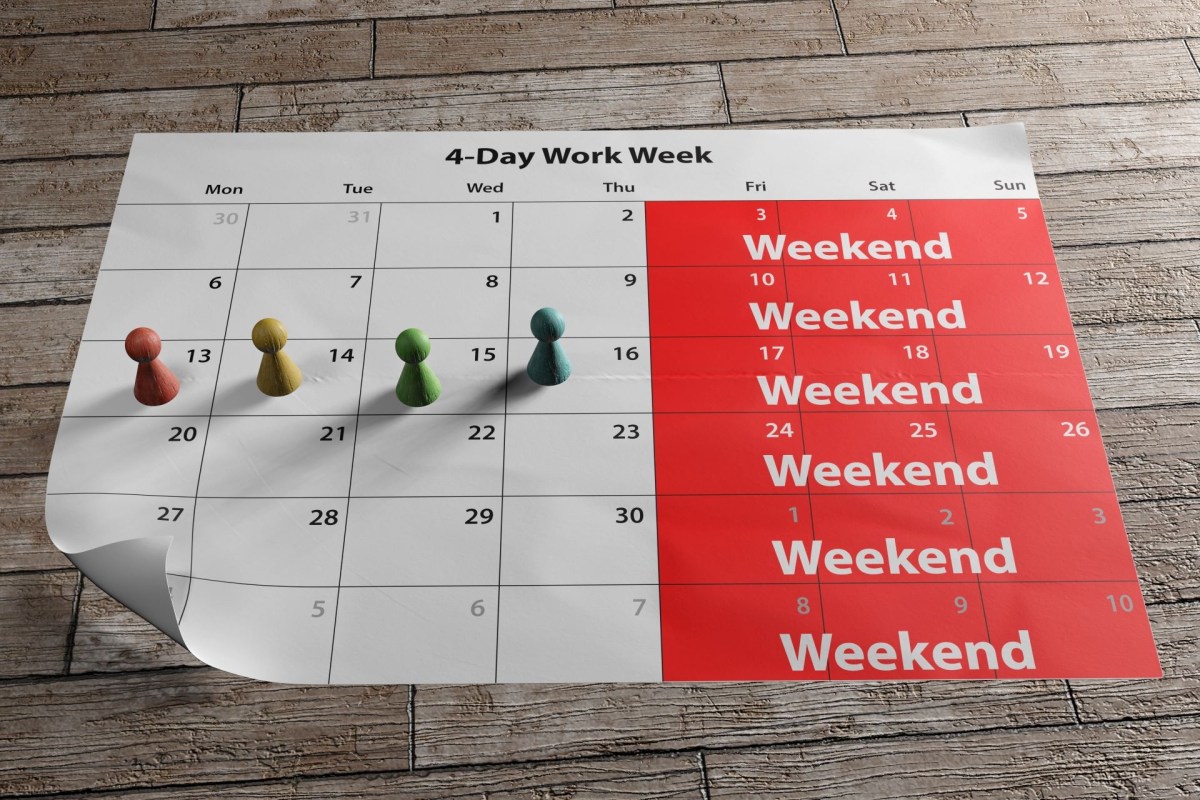A recent large-scale trial of the four-day workweek in Britain was a resounding success, AP News reports.
In 2022, 61 companies agreed to participate in a study from June to December, AP says. During this time, employees would work four days each week instead of the traditional five — but would receive the same pay.
The benefits for employees were obvious: a better work-life balance, more time to relax and take care of matters at home, and less burnout.
But what the study also demonstrates, according to AP, is that this is a viable model for businesses, too. Of the 61 companies that participated, 47 — more than three-fourths — saw an increase in revenue compared to the same six-month period last year. Twenty-four of those companies had at least a 34% revenue increase.
Kirsty Wainwright, general manager of a restaurant called Platten's, which participated in the study, said the benefits go beyond profits, too.
"I don't think we were really measuring it in terms of profitability," she told AP. "We wanted to measure it in productivity. And actually, the productivity has gone through the roof."
Employers also reported less employee turnover and fewer workers calling out sick. Ninety-two percent of the participating companies intend to continue with a four-day workweek even now that the study has ended.
Not only is a shorter workweek healthy for employees and smart for employers, but it's also an energy-saving, sustainable choice. Fewer work days means less commuting, which means fewer cars putting heat-trapping gases into the air. Meanwhile, offices use less electricity and paper.
While a four-day workweek isn't possible in every industry, the repeated success of trials suggests that businesses that can adopt the model should. It's better for profits, people, and the planet.
David Frayne, a University of Cambridge researcher involved in the project, summed up the findings by telling the AP, "We feel really encouraged by the results, which showed the many ways companies were turning the four-day week from a dream into a realistic policy, with multiple benefits."
Join our free newsletter for cool news and actionable info that makes it easy to help yourself while helping the planet.









